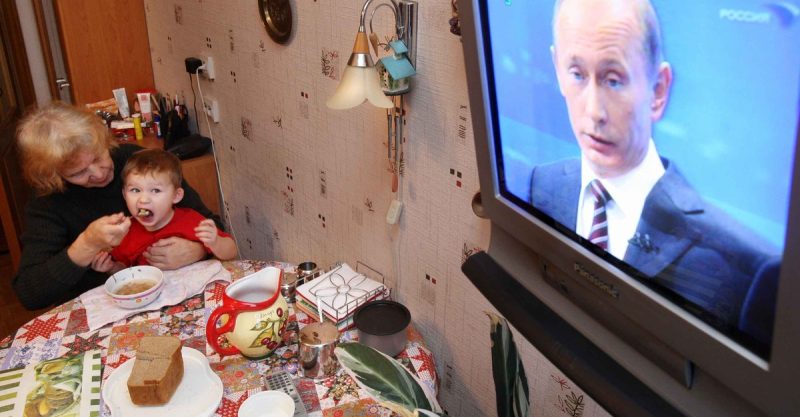
Vladimir Putin’s ascent to power in 2000 wasn’t built on a foundation of unwavering popular support. Russia was reeling from a debt default just two years prior, a stark reminder of the economic instability gripping the nation. Pensioners struggled to make ends meet, and the overall sense of security and prosperity was drastically lacking. His legitimacy was, to put it mildly, tenuous.
This precarious situation forced Putin to employ a strategy of shrewd political maneuvering, one that cleverly combined elements of both coercion and appeasement. While cracking down on dissent and consolidating power, he simultaneously implemented policies aimed at improving the lives of ordinary Russians. This manifested in a renewed focus on economic stability, a rise in living standards, and a carefully orchestrated display of national strength and pride.
The ‘bread and circuses’ strategy, borrowed from ancient Rome, became a cornerstone of his approach. The ‘bread’ represented tangible economic improvements, such as increased wages and pensions. The ‘circuses’ encompassed a carefully crafted media narrative portraying Putin as a strong leader restoring Russia’s global standing, coupled with lavish state-sponsored events and celebrations. These actions served to distract from underlying issues and consolidate his grip on power.
However, this approach also masked deeper problems within the Russian system. The concentration of power in the hands of a few, the suppression of dissent, and the erosion of democratic institutions created a façade of stability that masked a fragile foundation. While economic progress was certainly made, it came at the cost of political freedom and the development of a truly representative government.
The long-term consequences of this strategy are still unfolding. The dependence on oil and gas revenues left Russia vulnerable to global market fluctuations. The suppression of dissent stifled the development of a robust civil society. Understanding Putin’s early years in power, and the methods he employed to secure his position, is crucial to understanding the complexities of modern Russia and its place on the world stage. The ‘bread’ might have been temporarily sufficient, but the long-term sustainability of the ‘circus’ remains a significant question.










